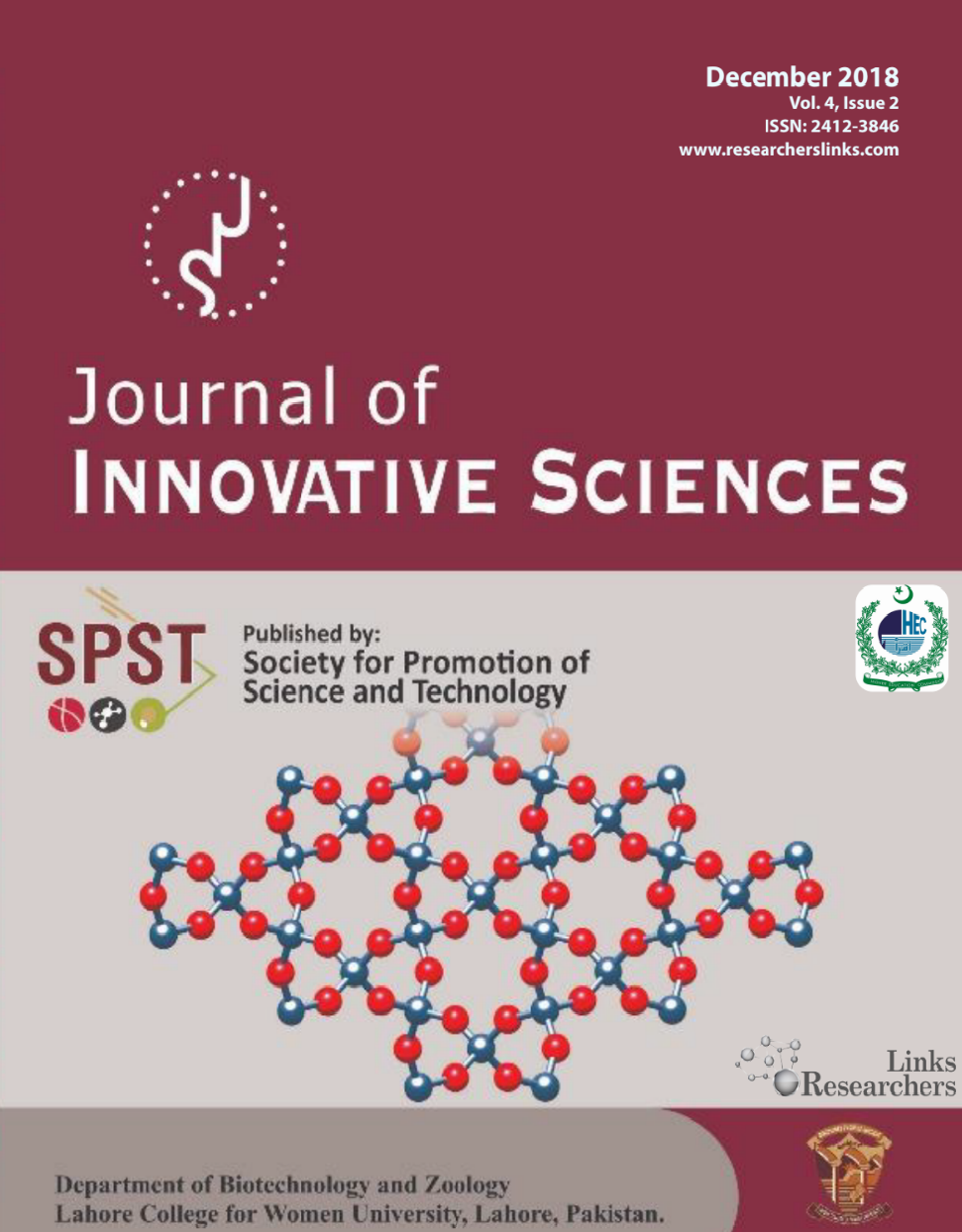RETRACTED: Enhancing Grain Yield and Improving Oil Quality of Canola Through the Application of Sulfur and Nitrogen in Agro-Climatic Condition of Peshawar, Pakistan
RETRACTED: Enhancing Grain Yield and Improving Oil Quality of Canola Through the Application of Sulfur and Nitrogen in Agro-Climatic Condition of Peshawar, Pakistan
Muhammad Bakhtiar1*, Fayaz Ali Niaz2, Asim Muhammad2, Mamoona Munir3, Wajiha Seerat4, Sadiqullah Khan5, Ghulam Yaseen6, Muhammad Noman Khan7 and Asma Bibi8
ABSTRACT
Canola is significant oil crop and Nitrogen and sulfur act as the key plant nutrients that promote the plant growth and also raise the quality of its oil. It is very crucial to find a suitable dose of N and S for the oil crops, so keeping in view this experiment was designed in RCB design with 4 replications (each has one control plot) in research area of agriculture university Peshawar. Two factor were studied in this experiment i.e. 5 N doses (40, 80, 120, 160, 200 kg ha-1) and 3 S doses (20, 40, 60 kg ha-1). Urea was used as source of Nitrogen and ammonium sulphate was used as a source of sulfur. After analysis of the data the results revealed that Fertilizer applied plots showed best performance in all measured parameters as compared to control plots. In the case of N in 160 kg N ha-1 treated plots, maximum protein content, glucosinolate content, and erucic acid (percent) as well as grain yield was recorded, except oil contents which was higher at 20 kg N ha-1 plots, while on other hand S application, whereas Sulfur applied @ 40 kg ha-1 produced maximum Grain yield, oil content, protein content, Glucosinolate contents and erucic acid. It was determined that applying N @ 120 to 160 kg ha-1 in association with 40 kg S ha-1 resulted high yield and better oil quality, and thus recommended for boosting grain productivity and in raising the standard of canola oil.
To share on other social networks, click on any share button. What are these?





